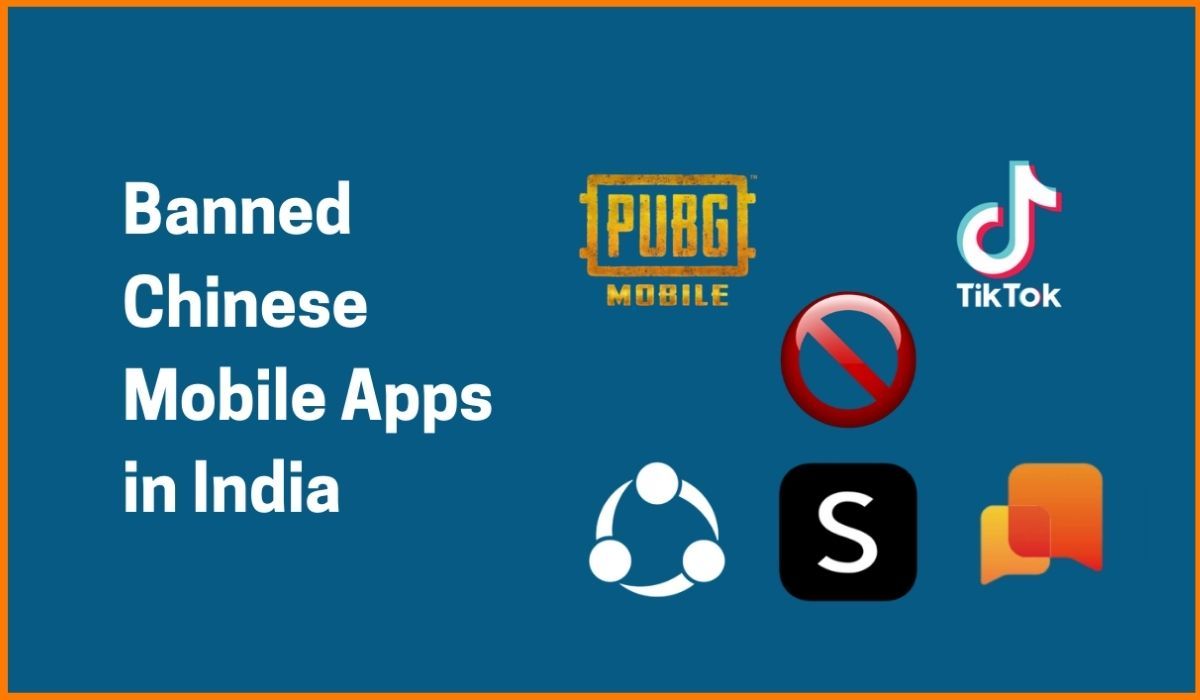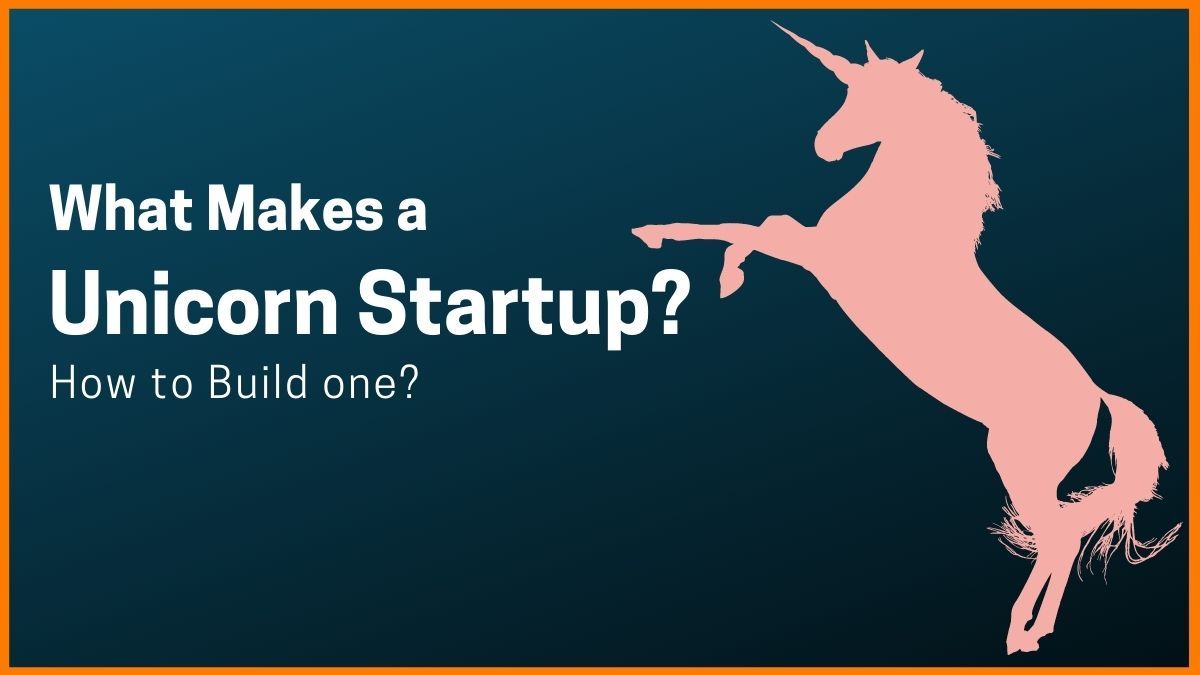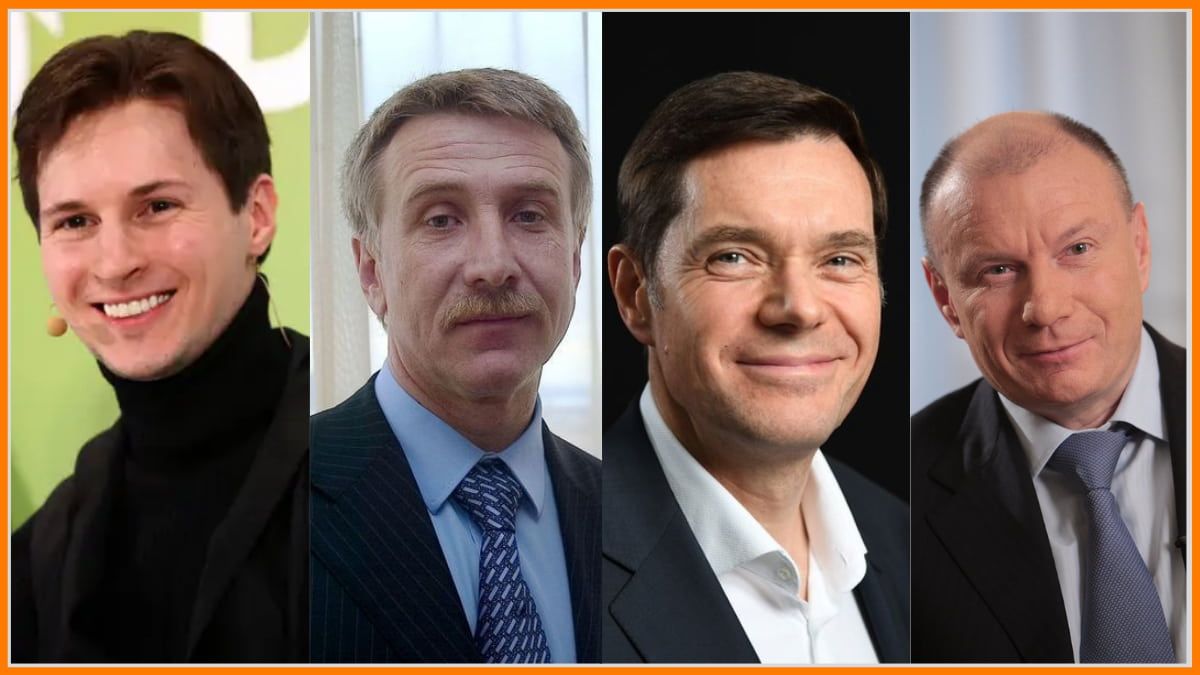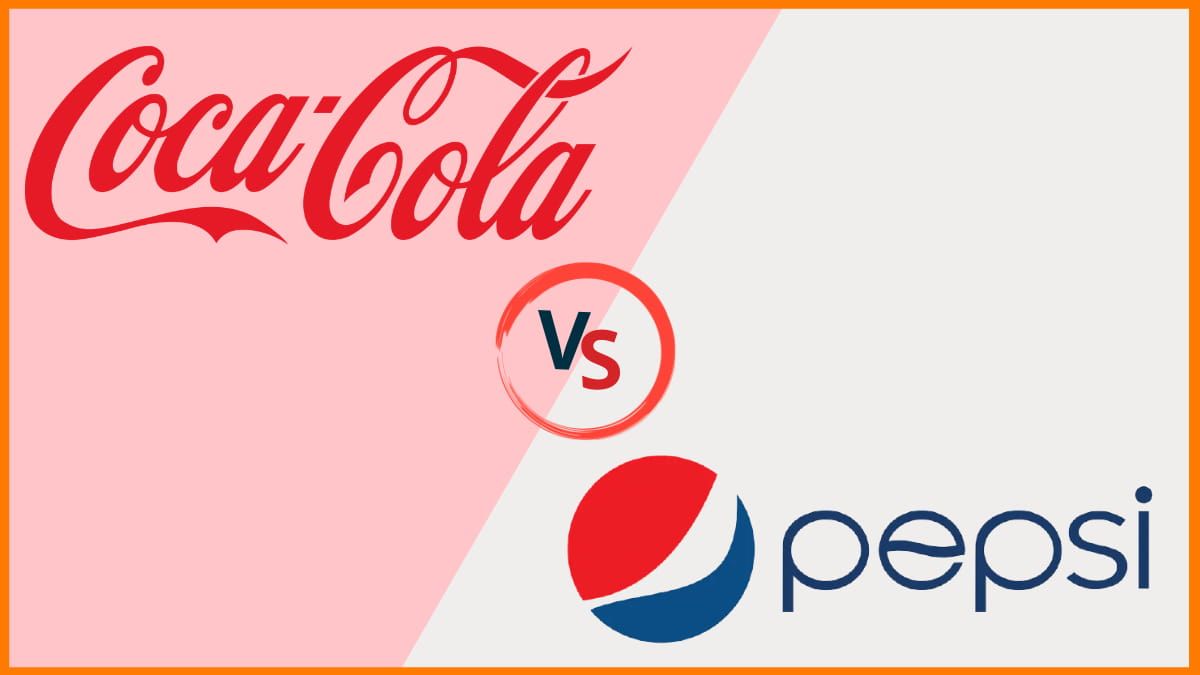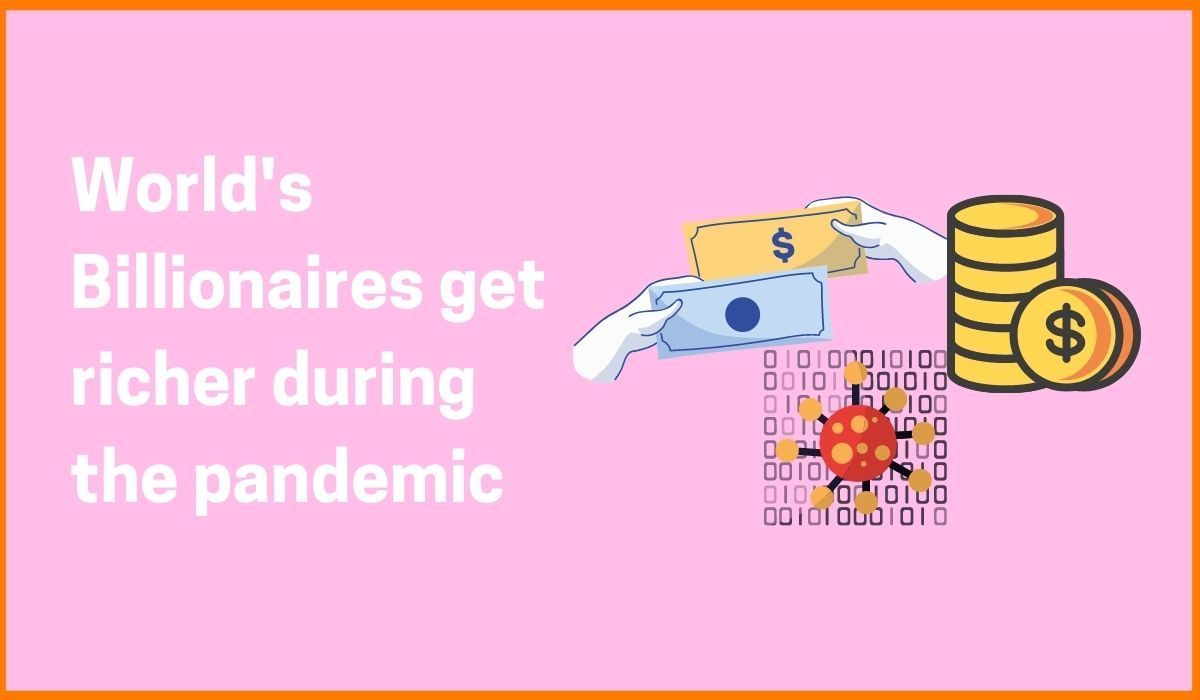You can hardly predict some cancers before it grabs the whole body to an extreme stage. Basically, hyperinflation is a wolf under the sheepskin. The news, the experts, the cunning industry, and even the government may hide the truth to protect the aftermath. Many companies employ a widespread technique to convince the consumers that costs are stable, even though you’re paying more for less weight with the same packaging. Hyperinflation is a negative catalyst that may act slowly but steadily to summate long-term accelerating inflation. So, we will go through 7 case studies of hyperinflation-affected countries of all stages (growth, maturity, and decline) in the economic graph.
What is Hyperinflation?
Countries that Faced Hyperinflation
Russia
Iran
Turkey
Lebanon
Sudan
Zimbabwe
Venezuela
What is Hyperinflation?
Hyperinflation is a terrible stage of uncontrolled inflation with a sustainable panic of supply shortage despite paying more. A country has to face the problem when it has enormous national debt, declining foreign reserves, and long-term political uncertainty. In external events, such as war, and lack of global confidence in the economy, worldwide pandemics push the problem to a negative slope. A government will fund its reaction to the crisis by taking on debt, but it can’t afford services and releasing additional money in the market to make up the difference. Twitter co-founder Jack Dorsey’s tweet at the end of October 2021 fuelled the panic of hyperinflation across the US amid the tough time of the pandemic.

Countries that Faced Hyperinflation
Hyperinflation is a dreadful state of condition for any country. The following are some prominent countries that faced hyperinflation and the reasons behind them:
Russia
The world’s second-largest arms and crude oil exporter, Russia is heading towards significant inflation, possibly a burst into hyperinflation. The economic data coming out during the Ukraine invasion is not very healthy. Apart from the war, the Kremlin is fighting with an internal three-point trap triangle of (hyper) inflation-pandemic sanctions. As per reports, the Russian regulatory bank called CBR raised the interest rate by 20% to save the ruble from the western red eye of sanctions. As a result, the ruble tanked at a record low of 25% this March.
Amid fear of losing oil and arms export hegemony, the country faces isolation from the West and the US. Investors are trying to get into a safe escape. Many billionaires shut down their business operations as a protest. The economy is being drained of cash. One month down the line of conflict, Moscow enrolled with 3.5 lakh Ukrainian refugee shelter houses, and inflation zoomed up 15.66% this March-end, expecting a 20% fear of inflation in this financial year as per a central bank survey. SWIFT system and payment card firms are ceasing operation in Russia, which is a significant setback for the country. The CBR is struggling to control capital outflow( movement of an asset out of a nation), escalated by the record-long shut down of the Moscow exchange.
Moscow’s financial advisors have shown public confidence to revive their internal banks with additional reformation. It will take some time to confirm the post-invasion period Russia copes with the odd or cross the red inflation line to join the hyperinflation club. Though, as per experts, it has intense symptoms of hyperinflation.

Iran
In March 2022, the Statistical Centre of Iran (SCI) reported an annual inflation rate of 40.2%. The Islamic Republic owned 10 % of the world’s oil, 15-17% of its gas reserves, and 7% of its minerals. So then, why is Iran also sinking towards hyperinflation? Literally, Iran has everything for cooking except the cook!
Weak diplomacy also pushed EU and US sanctions on energy, tech, financial service, and foreign trade. Iran’s president asked its central bank to stop releasing data as it is higher than the SCI tally. Diplomatic gaps weaken the trade deficit.
The country is suffering from basic needs like water. Protesters rioted in Tehran’s streets, resulting in deaths and arrests. The country is accused of state-sponsored disinformation, a dangerous trend to hide the disease rather than treat it.
A silver lining of hope is raised after the US Congress gets its new president from the democratic party in January 2021. Iran is trying to get the Indian market oil with a rial-rupee deal. The US-Tehran has shown some positive signals of melting down relations with the nuclear deal ahead of the Russia-Ukraine war.
Turkey
Ankara crossed the 50% inflation red line and entered the hyperinflation zone with a 54% index as of March 2022. Despite president Recep Erdogan’s battle with the recession, the Turkish people have not achieved a new normal since 2018. His equation to fight inflation is lowering the interest rate. Unfortunately, his flawed policy slipped the currency lira to a loss in the last year. The uncontrolled depreciation of the lira has created a hugely detrimental impact on the economy. There has been a certain increase in the exports, but the following adverse consequences are more than the actual gain:
- The significant drop in purchasing power is the result of devalued currency; the salary class people need to pay more lira for the same or less product. Therefore, the loss of purchasing power is a severe impediment to economic growth.
- To minimize the inflation risk, Turkish banks have stopped encouraging lending to ensure less money in the market. It has no option when they are unable to raise interest. In the long run, it has an even worse effect on increasing the country’s brain drain. Foreign currency is taking a break, and investors are rushing out of the country. This leads to job or employment problems at worst.

Lebanon
The civil war inflicted on Lebanon’s lira is losing the battle and ending in triple-digit inflation of 215% in front of the US currency. It is enough to cripple the retail, health, transport, and fuel sector investment. With 78% poverty, the country is trying to get a good deal from the IMF. But the corruption grappled the country at such a deep level that its central bank had to face inquiry and slap from the lawsuit. The United Nations confirmed that the Ponzi scheme was a major red flag behind the economic meltdown. Beirut tried to reshape its economy with tourists to the Gulf help. But in 2011, the neighbouring Syria unrest put the country in financial collapse again. In the meantime, the Hezbollah-Iran tie miffed some major gulf countries.
The fall of money was fuelled by the central bank’s direct financing of the government’s public deficit during the civil war. As a result, money has entirely lost its essential rules and everything that made it a reliable store of value. The Govt, despite a defaulter of foreign debts trying to survive with the help of the World Bank and IMF. Another good news is, recently, the new Lebanese govt got a ‘positive outcome’ certificate from the Saudi kingdom. Hope it will improve their credit pipeline.
Sudan
After a military coup, riot, and political uncertainty, the East African nation is more chaotic; debt-trapped Sudan announced it would float its currency as economic conditions deteriorated. According to United Nations officials, Sudan’s food crisis is expected to drop due to the African country’s economic collapse, displacement, and ruined harvests. After the military took over the US, IMF and World Bank suspended their million-dollar aid and SDR (special drawing rights of IMF). Another setback is that the separate region of South Sudan holds 75-80% of oil production in the Upper Nile state.
Since 2016, the country has faced a lopsided economic downturn, covid and coup pushed it on the verge of catastrophe. With the shrinking GDP of 2020 by 3.6%, the country summed up the cycle and added a 359% inflation rate. World food program data warned that about 5.8 million people suffer food shortages and malnutrition. In the current scenario, the political paralysis of Sudan is a significant issue of hyperinflation and food shortage. Moreover, it blocked the foreign fund in the African nation.

Zimbabwe
Are you fed up with hearing about hyperinflation in different countries? Here is Zimbabwe for you with a ray of hope. The government had robust growth of 838% inflation in July 2020, and now, there is a significant drop at 50% in August 2021. During this challenging time of pandemics, war, and sanctions, it is not easy to revive the economy from hyperinflation in such a short period. Chronic symptoms of hyperinflation are coming out like lower growth, hunger, a debt-driven economy, low income, jobless youth, and collapsing health sector. It was not fun when the African bread bucket turned half of the population into a beggar.
It was a tough time for the drug-addicted, debt-ridden country when it was announced as having the highest inflation rate in 2019. With a fast depreciating currency and hyperinflation nearing 800%, most commoners watched their hard-earned money turned into a paper bunch. The country suffered 90% unemployment which coerced University graduates to sell vegetables in the market. The confused Reserve Bank of the country introduced a bond note with a 1:1 value against the dollar, but the market doubt was fainting its importance rapidly. In 2019, the Reserve Bank announced RTGS$ and banned foreign currency in domestic transactions.
Pandemic norms encourage digital payment worldwide, and it was reshaping the economy of Zimbabwe. It pushed the RTGS to POS transactions. EFT(Electronic Funds Transfer)and the Card payment system showed robust growth in 2021. Thus, it saves money printing the ‘need’ of a hyperinflationary economy. The rural part also enjoyed financial inclusion (finance access to the poor class), and the govt can track them with the tax system. The untapped section is directly under the payment system. Online transaction access to the internet among youth generates various business ideas worldwide. Bitcoin and crypto came to the discussion table of policymakers.

Venezuela

The South American Country seems to be the king of the hyperinflation kingdom without any competitors nearby. In 2018, it reported 65,374.08% inflation, which means people need to carry money in a car dicky for daily retail shopping. A bunch of cash becomes useless in the economy. In the same year, 48k teachers left the country (remember, they are not sacked) to relocate to neighbour-based countries for livelihood.
There was a mass exodus in the middle of 2018. About 4 lakh people left the country, and it was not for armed conflict but terrible hyperinflation. Among the country’s top human resources, doctors, professors, and IT professionals were fleeing the country, leaving unfilled posts. The country faced mass blackouts, and people used candlelight or cell phones during an emergency. The country dried out of medical supplies and doctors; patients had to wait for half a year for an emergency operation.
Critics blame policies of socialism. Experts accused the country of suffering from printing money and a fiscal deficit. Once known as the giant supplier of crude oil, the comfort of the oil zone hit back Venezuela in 2014 after oil prices fell continuously. Since 2014 the country has shown a significant drop in GDP in negative growth.
There is a thin sign of revival in 2021; Venezuela reported a surge of the foreign reserve by $5.1 billion. The country’s central bank claimed to curb inflation by ‘only’ 686% for the same year, a great short-term relief.
Conclusion
Here we did not consider the crisis-hit Sri Lanka or war-torn Ukraine. Moreover, since August 2021, Afghanistan has been out of the internal statistical audit.
Therefore, there is a high possibility that the hyperinflation club will get new members. On the other hand, controlling hyperinflation is far more difficult due to the enormous political cost of the typical solutions. In reality, one reason that can turn inflation hyperinflationary is the populist administrations, which are being trapped in a situation where they cannot make practical efforts to reduce inflation.
It is better to control it in the inflation stage. So, the policymakers or government need to take some bold and reformative steps to prevent the money flow in the economy. It also needs diplomatic efforts, so that the countries can avoid printing $100 trillion notes like Zimbabwe.
FAQs
What is hyperinflation?
Hyperinflation is extremely high and rapidly increasing inflation. It is said to have occurred in an economy when the prices rise over 50% in one month due to economic disturbances and depression.
What causes hyperinflation?
The main causes of hyperinflation include:
- High National Debt
- Price control that leads to an increased shortage
- Economic output decline
- Lack of faith in government
Which countries are facing hyperinflation?
- Venezuela
- Sudan
- Lebanon
- Iran
- Zimbabwe
What is a healthy inflation rate?
A healthy inflation rate is 2% which is considered good for economic growth as in this situation, people are more likely to make purchases in the present rather than wait when they expect prices to rise.







